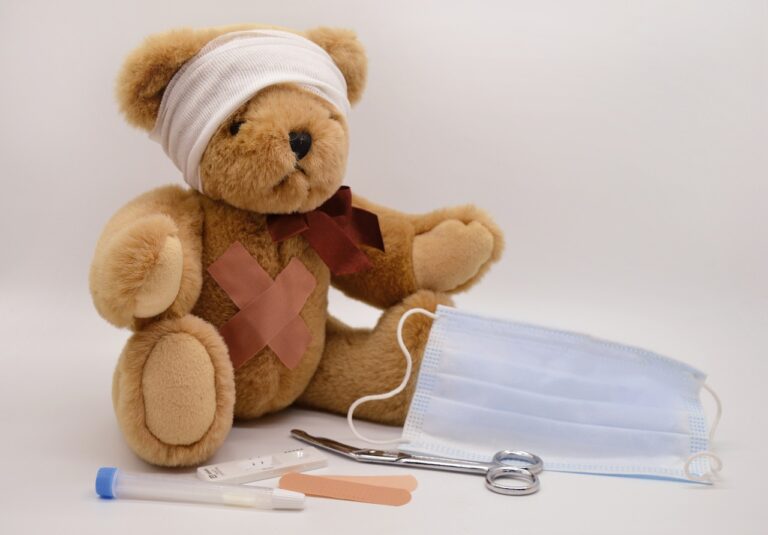
Hemorrhoids: Overview, Types, Symptoms, and Treatment
Hemorrhoids is a general term for various conditions affecting the anus, primarily including hemorrhoidal disease (piles), anal fissures, and anal fistulas. Among these, hemorrhoidal disease (piles) is the most common form, occurring when blood vessels around the anus become swollen and enlarged, forming lumps. Hemorrhoids develop due to swelling or inflammation of veins in the anal and rectal areas, often caused by lifestyle habits or prolonged pressure. They are broadly classified into internal hemorrhoids and external hemorrhoids, and in some cases, a combination of both, known as mixed hemorrhoids. Below, we explore the characteristics, symptoms, treatments, and recommended hospitals by region.
Types of Hemorrhoids and Age-Specific Prevalence
Internal Hemorrhoids: Occur when veins inside the rectum swell, most commonly affecting individuals in their 30s to 50s. This is due to increased sedentary behavior, irregular diets, and frequent constipation in middle age.
External Hemorrhoids: Involve swelling of veins under the skin around the anus, occurring across ages 20 to 60. They are particularly common among pregnant women or those with prolonged sitting jobs (e.g., drivers).
Mixed Hemorrhoids: A combination of internal and external hemorrhoids, frequently diagnosed in individuals over 40.
Age and Gender Trends
Men: Higher incidence in their 60s–70s.
Women: More common in their 20s–30s.
Symptoms by Stage
- Internal Hemorrhoids
Early Stage: Painless bleeding during bowel movements (blood on toilet paper or in the toilet).
Intermediate Stage: Hemorrhoids prolapse (protrude) during bowel movements but retract spontaneously. Mild pain/discomfort may occur.
Advanced Stage: Prolapsed hemorrhoids require manual pushing back. Severe pain and bleeding persist.
- External Hemorrhoids
Early Stage: Small lumps near the anus with itching/discomfort.
Intermediate Stage: Blood clots (thrombosis) cause sudden pain and hard lumps.
Advanced Stage: Severe inflammation, swelling, and extreme pain when sitting/walking.
Treatment Methods and Costs by Stage
Internal Hemorrhoids
Early Stage: Medication + Sclerotherapy (shrinking hemorrhoids via injections; ₩200,000–₩500,000).
Intermediate Stage: Rubber Band Ligation (cutting blood flow with bands; ₩500,000–₩1,000,000).
Advanced Stage: Surgical Hemorrhoidectomy (under general anesthesia; ₩1.5M–₩3M).
External Hemorrhoids
Early Stage: Medications + warm sitz baths (₩100,000–₩300,000).
Intermediate Stage: Thrombectomy (local anesthesia to remove clots; ₩300,000–₩700,000).
Advanced Stage: Excisional Surgery (₩1M–₩2M).
Types of Hemorrhoidal Diseases
Piles (Hemorrhoids): Swollen veins in the anus/rectum (internal/external/mixed).
Anal Fissures: Tears in the anal lining, causing pain/bleeding during bowel movements.
Anal Fistulas: Pus-filled abscesses forming abnormal tunnels between the anus and skin.
Recommended Hospitals by Region
Seoul
Daehang Hospital: Specialized in colorectal/anal diseases.
Address: 612, Gukhoe-daero, Yeongdeungpo-gu.
Phone: 02-2677-0017.
Seoul National University Hospital: Renowned for surgical treatment.
Busan
Sungsin Hangun Surgery Clinic:
Address: 77, Daecheong-ro, Jung-gu.
Pusan National University Hospital: Expertise in anal disorders.
Gwangju
Yang Hospital:
Address: 87, Jukbong-daero, Seo-gu.
Phone: 062-350-8000.
Daegu
Daehang Hospital (Daegu Branch):
Address: 2077, Dalgubeol-daero, Jung-gu.
Ulsan
Ulsan Hangun Surgery Clinic:
Address: 274, Samsan-ro, Nam-gu.
Daejeon
Chungnam National University Hospital: Comprehensive care system.
Jeju
Jeju National University Hospital: Leading regional facility.
Treatment Process
Consultation: Detailed symptom review and physical/endoscopic exams.
Diagnosis: Ultrasound, colonoscopy, or anoscopy for accurate assessment.
Treatment Plan: Tailored to severity (lifestyle changes, medications, minimally invasive procedures, or surgery).
Post-Treatment Care: Pain management, sitz baths, and follow-ups.
Early treatment is crucial to avoid complications and higher costs. Seek medical advice promptly if symptoms arise.





